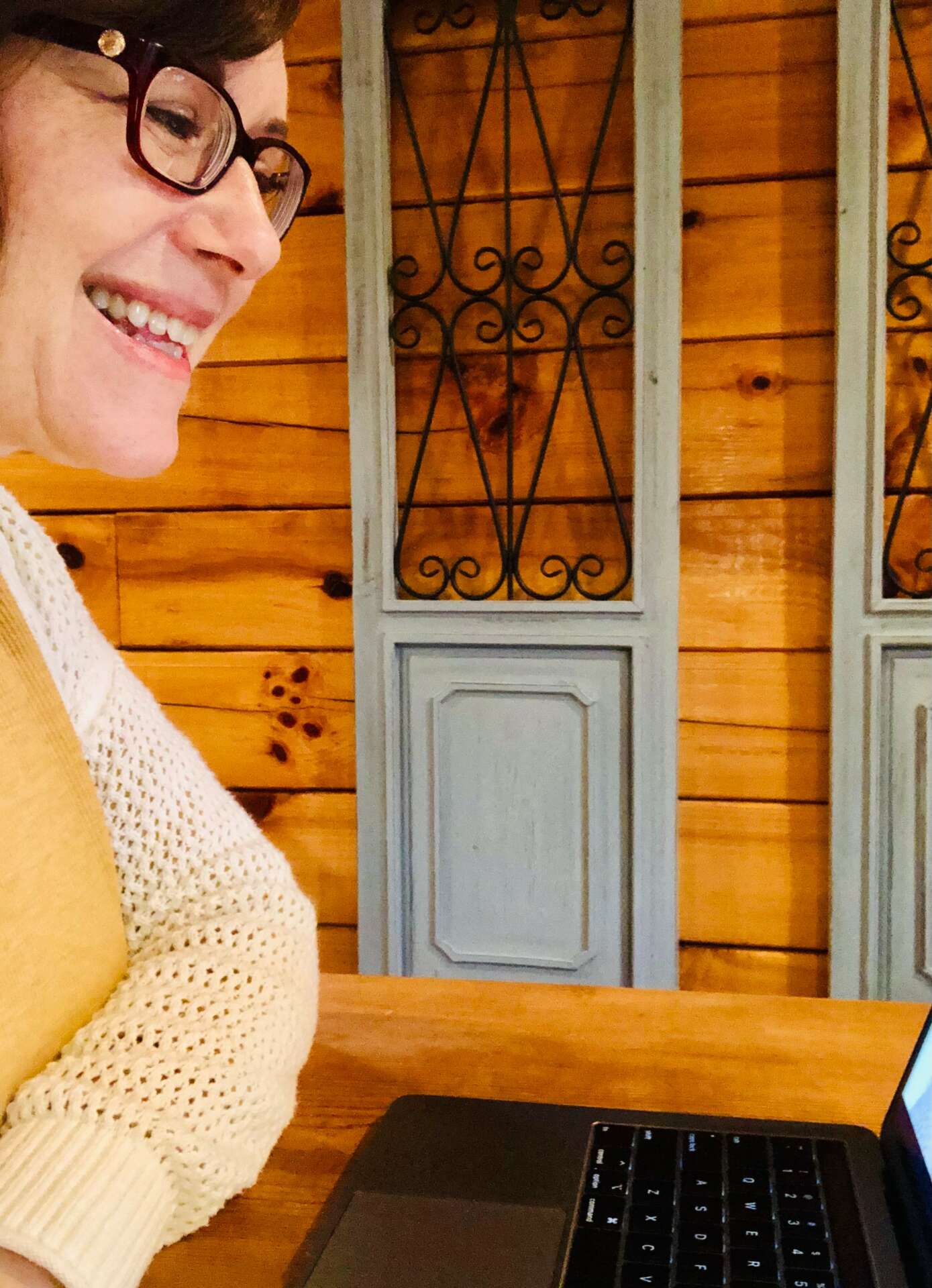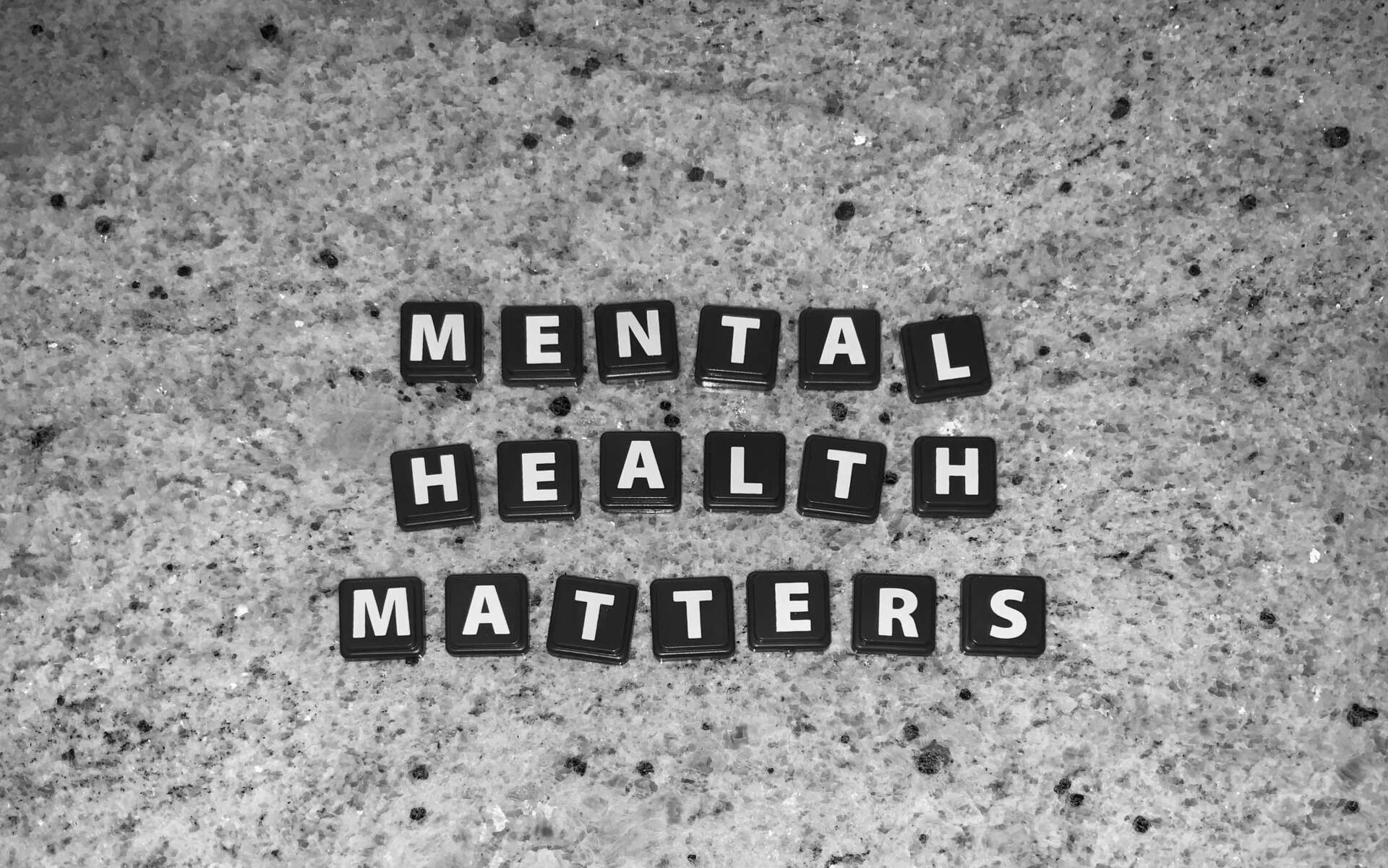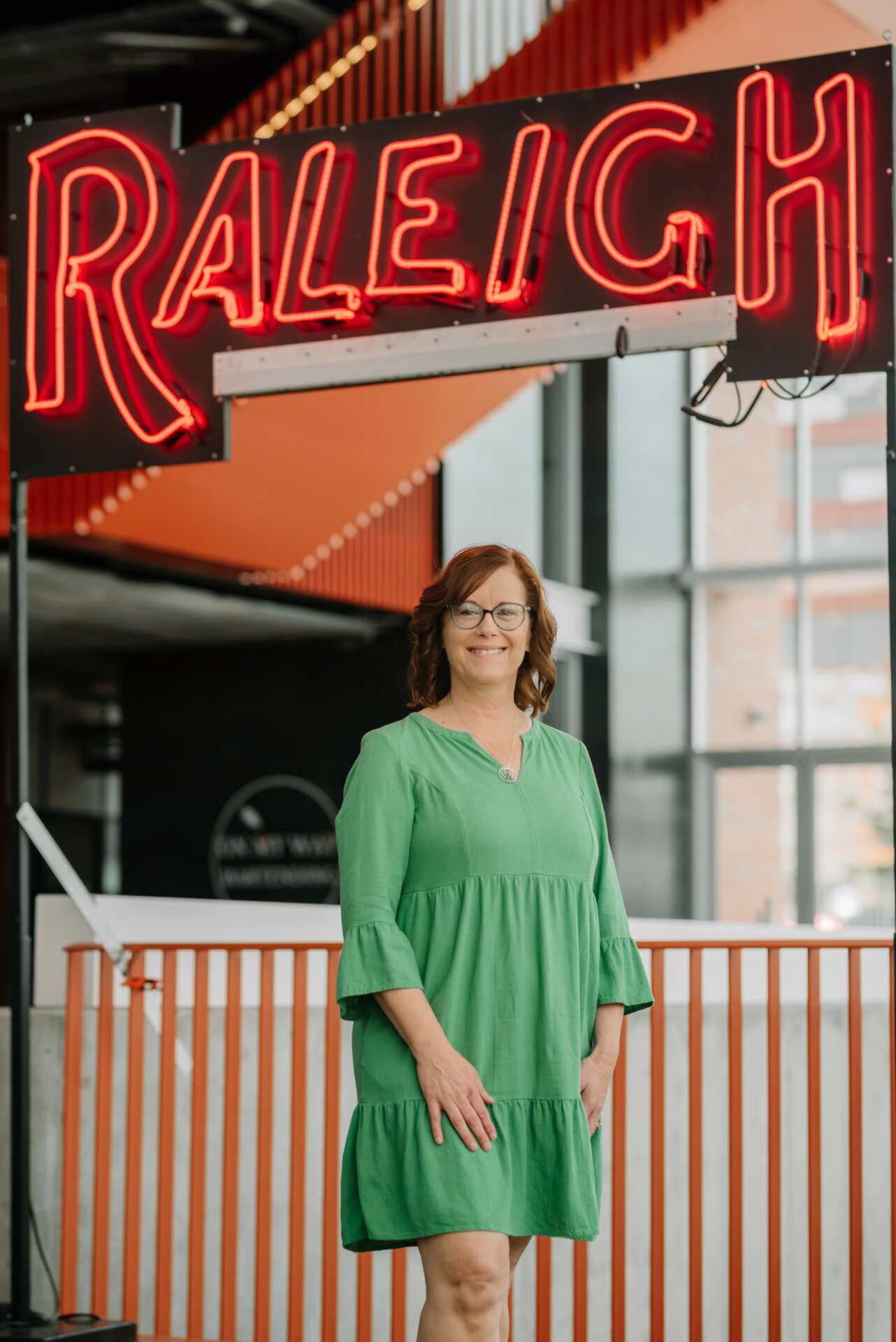We’re excited to introduce you to the always interesting and insightful Sharon Sheppard. We hope you’ll enjoy our conversation with Sharon below.
Sharon, appreciate you joining us today. We’d love to hear the story behind how you got your first job in field that you currently practice in.
Becoming a therapist was a second career for me. I owned a real estate development and construction company with my ex-husband for over 20 years. When the marriage ended I moved from California back to my home state of Massachusetts. For many years I was a stay-at-home mom and then a partner with my ex in his family business but now it was time to build a life and career as a single, 50 year old woman. When my twins were 11 years old they were both diagnosed with Obsessive Compulsive Disorder (OCD). I knew enough to get them professional help and landed in the capable hands of a Marriage and Family Therapist. She equipped them with skills to manage the OCD and, most importantly, instilled hope for all of us that their condition was manageable and not defining of who they were and would be in the future. At the time, her skill, compassion and hopefulness impressed me so much I tucked the idea of becoming a therapist one day in my heart.
At 50 years of age I went to graduate school and at 52 received my Master of Arts in Marriage and Family Therapy. The sense of accomplishment I felt is unmatched by any other professional experience in my life. I went from dependence on my ex-husband’s dream career to the beginning of my professional vision and goals.
After passing the brutal national licensing exam I was fortunate enough to find a job at a group private practice In the Raleigh area. I have since opened my own group practice but it was the perfect incubator to learn and grow as a clinician.


Awesome – so before we get into the rest of our questions, can you briefly introduce yourself to our readers.
When I began practicing I was a general therapist—seeing couples, families, individuals and all different presenting concerns such as anxiety, depression, OCD, communication struggles. As I worked with clients I noticed a great number of them had trauma stories primarily from childhood. Stories of abuse and neglect interferring with their ability to work on the anxiety, depression, etc. Unresolved trauma takes up all the oxygen in the room—symptoms (anxiety, depression, eating disorders, addictions, physical health issues, etc) are manifestations of it and life becomes defined by attempts to manage symptoms and behaviors The underlying traumatic experience(s) must be addressed to alleviate the symptoms.
How could I most effectively help clients with trauma stories keeping them from living presently and fully? I became an Eye Movement and Desensitization Reprocessing (EMDR) therapist, trained in Narrative Exposure Therapy (NET) and Cognitive Processing Therapy (CPT). These three models were all developed to help those with unresolved trauma. Unresolved trauma is stored in the right hemisphere of the brain; the emotional response center. When trauma occurs or later triggers a memory of the trauma, access to the left brain; the higher functioning part of the brain used to process and store information, is disconnected. EMDR, CPT, NET and other trauma models, focus on connecting the right and left brain so the information can be processed and stored away as a memory, and not perceived as currently happening.
I pivoted my whole practice: only taking on clients with a history of childhood abuse with a specialty in childhood sexual abuse (CSA). One in 9 girls and one in 20 boys experience CSA1 before the age of 18. Because it’s requires specific training and can be emotionally taxing for the therapist, there are limited options for clients. These are two of the reasons I became a trauma therapist but the biggest reason is because I know how devastating and lifelong impactful childhood trauma can be and I want to do what I can to help.
1David Finkelhor, Anne Shattuck, Heather A. Turner, & Sherry L. Hamby, The Lifetime Prevalence of Child Sexual Abuse and Sexual Assault Assessed in Late Adolescence, 55 Journal of Adolescent Health 329, 329-333 (2014)

Putting training and knowledge aside, what else do you think really matters in terms of succeeding in your field?
Therapists are known as helpers, We are not known as marketing gurus. What helped my practice flourish aside from my niche focus was enlisting the help of marketing professionals. I could hire someone to do all the marketing for me but as a small group practitioner that is not cost effective. Next best thing, I joined a Mastermind group called Grow Your Income Mastermind with Nicole Liloia (https://nicoleliloia.mykajabi.com/mastermind-waitlist). Nicole’s program was a game changer for me.
It’s important to tap into our strengths and to recognize when we need to call on others to help us.

What’s a lesson you had to unlearn and what’s the backstory?
I not so quickly learned that to be a small business owner I could not also be a perfectionist. Trying to get every word right on my website, tap into every networking or training possibility kept me spinning in circles. I had to unlearn the need to present myself as having it all together all the time to succeed. Truth is that under the performing was a lot of anxiety and uncertainty.
I grew up in a performance based environment. I was praised for academic success and questioned when I had a B instead of an A on my report card. There was also praise for being “well-behaved” and scorn for behavior deemed inappropriate so, I was, of course, always well-behaved. I spent a great deal of my adult life attempting to get everything right and please everyone—a feat humanly impossible which left me feeling inadequate, and intensifying my efforts to achieve and please.
Through my own therapy and yes, becoming a small business-owner, I learned my worth is not defined by getting everything right for everyone, all of the time but by showing up in work and life with authenticity and vulnerability. The rest of the stuff will work itself out.

Contact Info:
- Website: www.hopeencountertherapy.com
- Instagram: https://www.instagram.com/sharonsheppardlmft/
- Facebook: https://www.facebook.com/hopeencountertherapy/
- Linkedin: https://www.linkedin.com/in/sharonlsheppard/
Image Credits
Main profile image and Raleigh photo William Arguetta https://www.williamargueta.com mental health matters-Marcel Strau8 on Unsplash Others are taken by Sharon Sheppard


